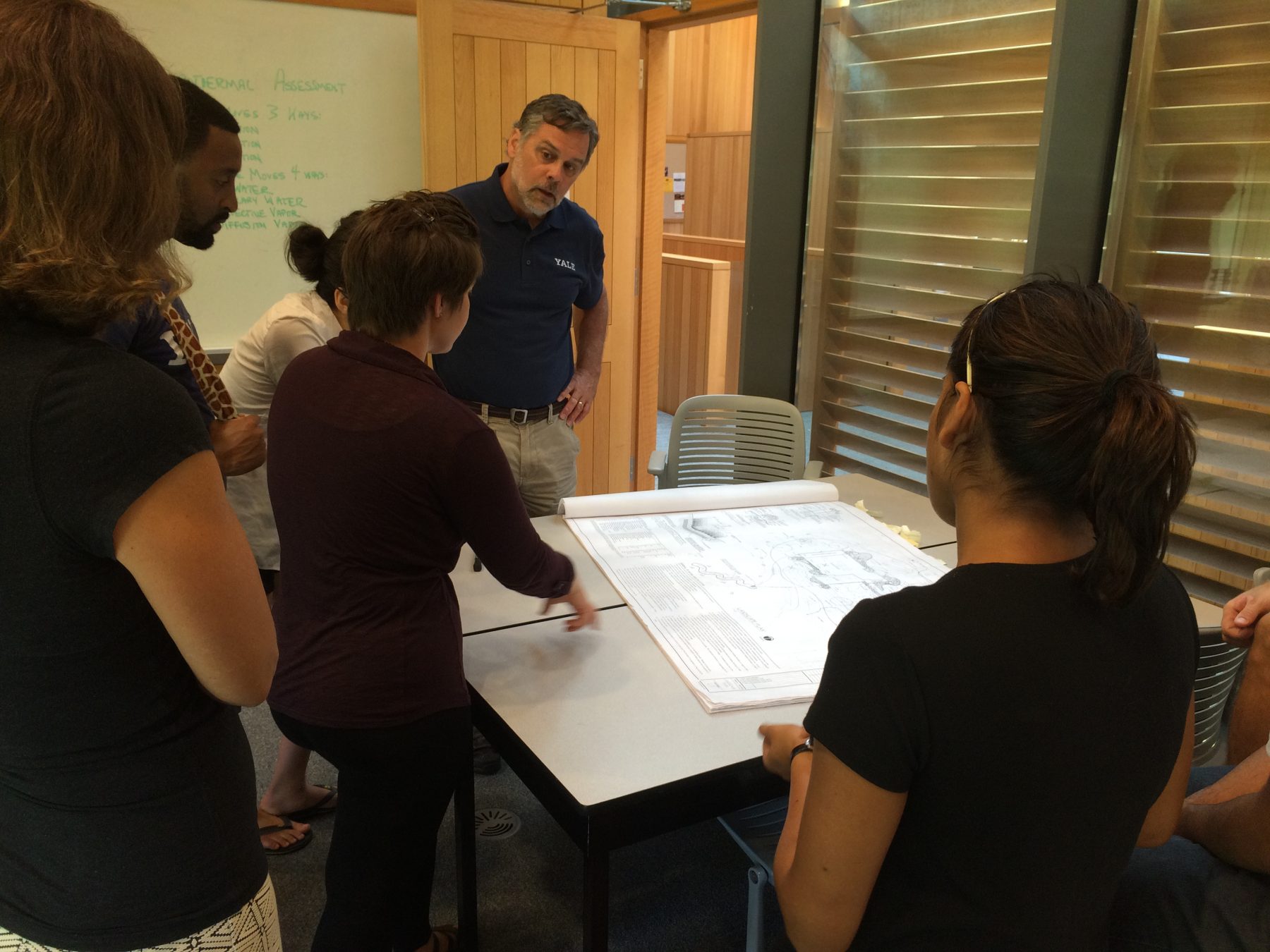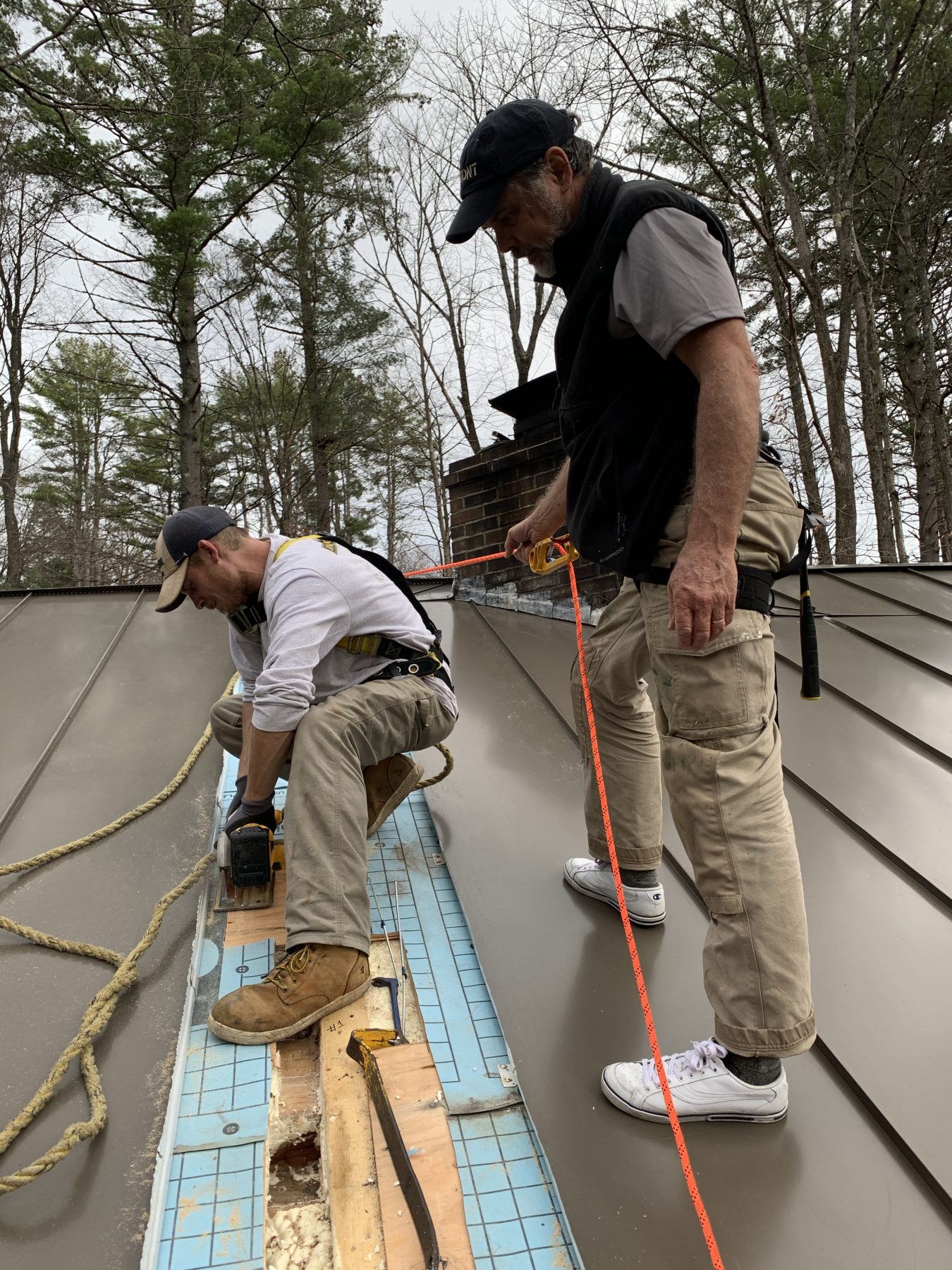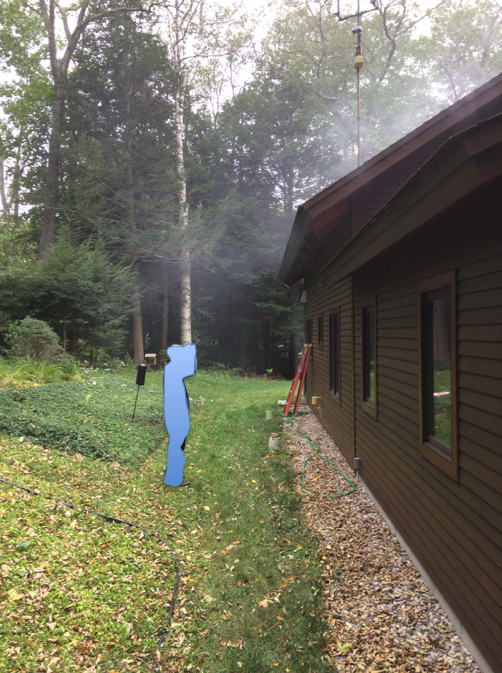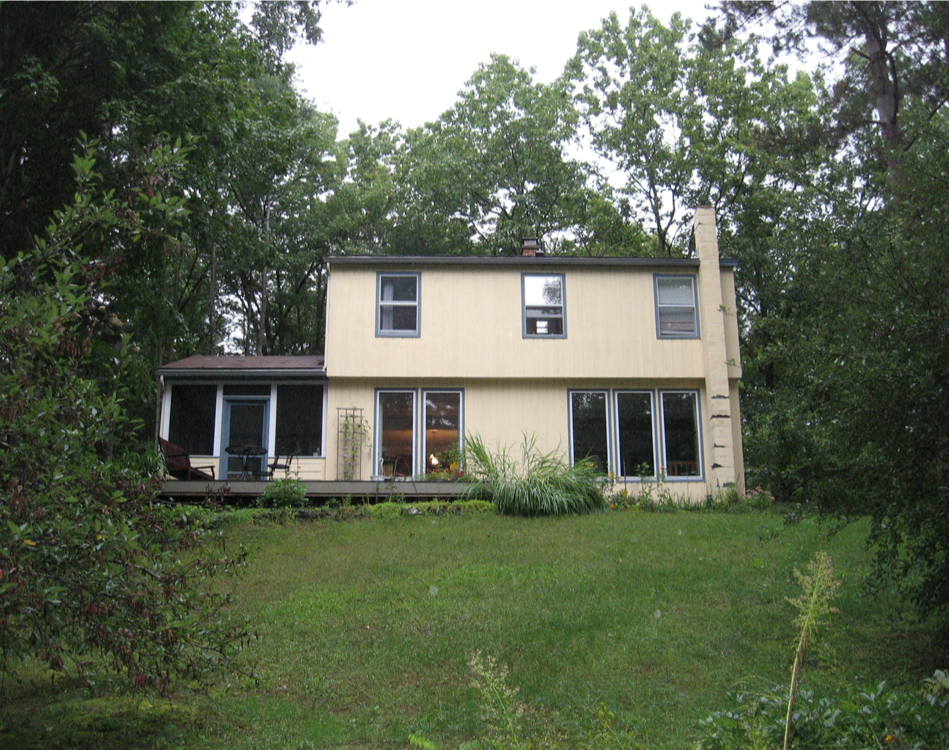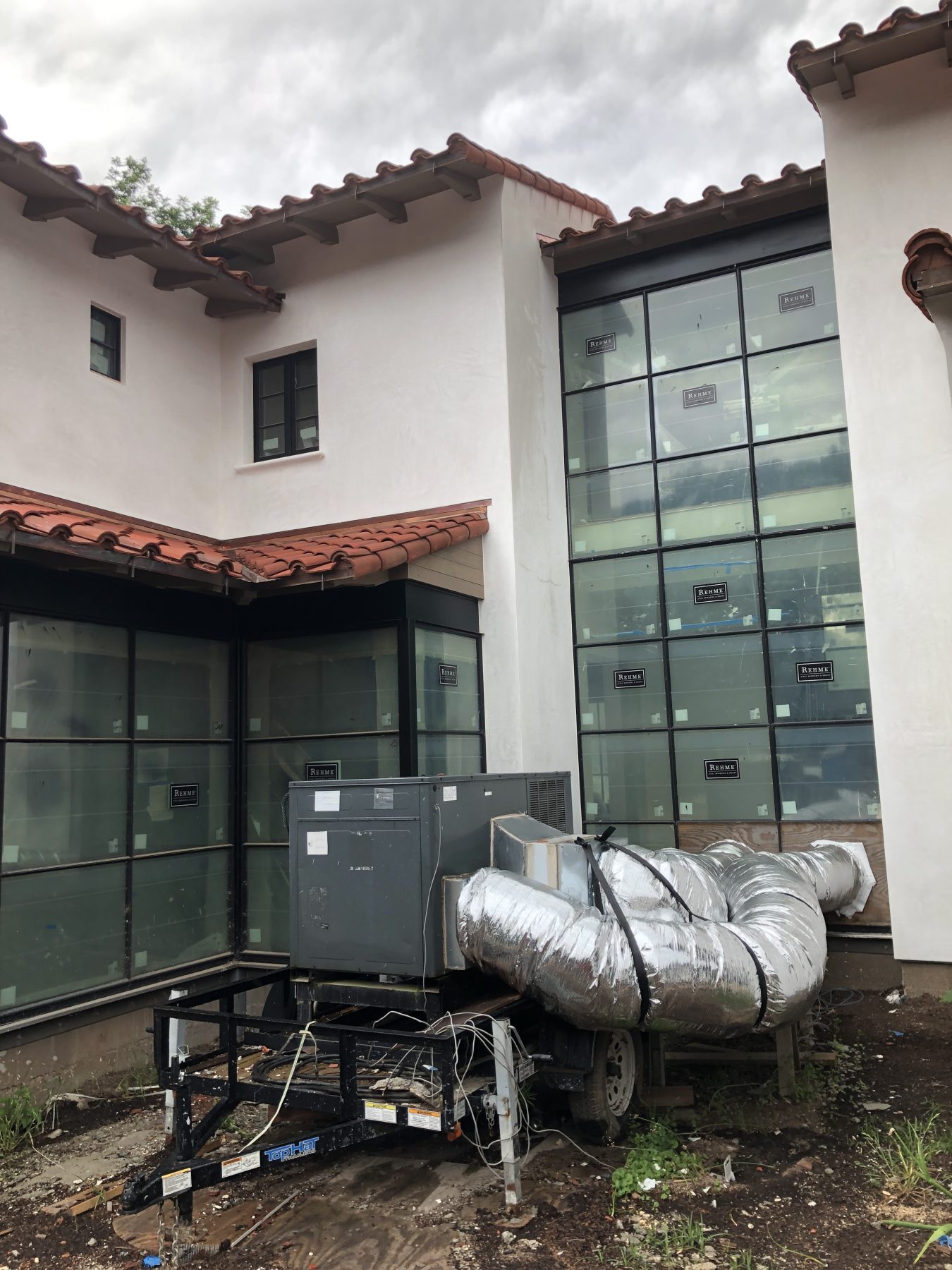Opportunities for builders to obtain building science education may seem scant, but opportunities for people who own and operate buildings — particularly homeowners — are even rarer. About two years ago, this lack led to my developing a class for homeowners called “How (Older) Homes Work” (HOHW).
My good friend and colleague, Steve Snider, really got got the ball rolling when he suggested that I come to his community (Newton, Massachusetts) to do this training as a two-evening seminar through a group called Historic Newton. The students were members of Historic Newton who owned and (frankly) needed help with their older homes.
We intentionally set the two sessions a week apart, giving attendees a chance to digest the basics of building science and building performance, and to come back the next week with key questions and even their own projects for discussion.
Building science basics for homeowners
I have now done about a half dozen HOHWs in Vermont and Massachusetts. Most recently, the Western Massachusetts Green Consortium hosted HOHW at the World War II Club in Northampton, drawing over 60 people the first night with about 45 returning the following week.
Here’s how the educational sessions were described in a Northampton HOHW press release:
“Session 1, February 27, examines how heat and moisture interact in buildings, and looks at some building science ‘puzzles.’ As we make our homes more energy efficient, we shift the energy-moisture balance and potentially damage that building or compromise the health of occupants. Session 2, March 6, is an opportunity to bring your own building science puzzles and questions and will conclude with a survey of the tools and techniques used to diagnose building issues and energy efficiency.”
The homeowner interest and demand for building performance knowledge is there. Here are some post-event survey comments from Northampton attendees:
- “Lots of good in-depth information.”
- “Very eye-opening; thank you!”
- “Could have used a third session!”
- “Excellent delivery of this information – so fundamental – so interesting!”
- “I understand some things that are going on in my home now.”
Rules for this type of educational session
Here is what I have learned from the How Older Homes Work events so far:
- We need to ensure that home inspectors, building performance auditors, and high-performance remodelers are all up-to-date on their building science knowledge so that homeowners can connect the results from the work of each.
- The internet is a double-edged sword for homeowners; they have access to a tidal wave of information about buildings, but the information generally overwhelms them rather than informing or guiding them.
- Scheduling a week between the two 2.5-hour sessions is really important. Everyone needs time to chew on so much new information.
- Start with simple, basic information, but don’t eliminate technical content; attendees will find their own level of understanding, which changes over time and with further study.
- Start with basic rules and then build to more complex examples. For example:
- Manage building performance in this order: water leaks, air leaks, drying, heat.
- Existing building performance is more complicated than new; with existing buildings, you need to assess and understand historical performance and current performance before you can improve building performance.
- There are three sources of moisture in buildings: the enclosure, the mechanical systems, and the occupants. They interact, so improving building performance almost always involves all three.
- Avoid building industry jargon and acronyms. (This is one I struggle with.)
Homeowners only?
Are “How (Older) Homes Work” events for building industry professionals as well as homeowners? I do encourage homeowners who are working with a builder or architect to bring the builder or architect with them. I also encourage building industry professionals to bring clients or prospective clients. But take care: this event is for homeowners, not the industry.
On the second night of the Northampton HOHW, I let detailed technical questions from building professionals drive too much of the discussion and ran out of time for covering homeowner questions or an epic case study that one homeowner brought.
Homeowners can use a questionnaire when interviewing designers or builders
For the GBA community, one element introduced at the HOHW sessions is worth considering: a questionnaire for homeowners to use as they interview prospective building professionals for their project. Here is a link to the questionnaire.
This is a draft document, and I am sure we can improve and sharpen this tool. I believe it is a tool for both homeowners and building professionals to use. For both, it is a way to distinguish high performance building in the marketplace.
Author’s note: Many thanks to the Sustainable Energy Outreach Network and its staff (Guy Payne and Theresa Spear) for working with Building-Wright to make more of the HOHW events available to New England communities.

